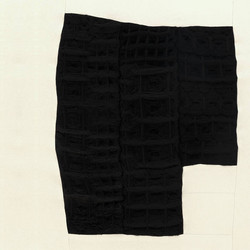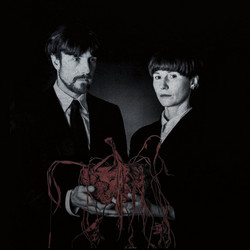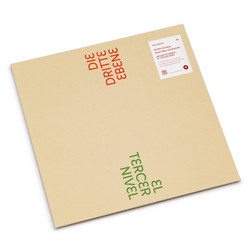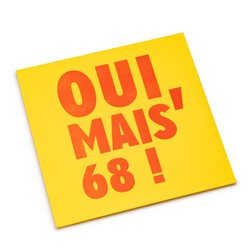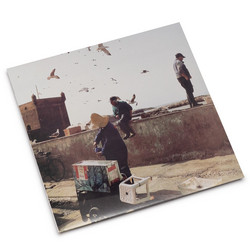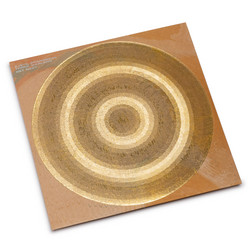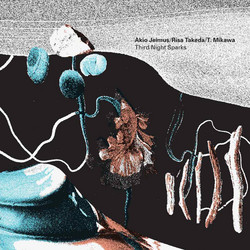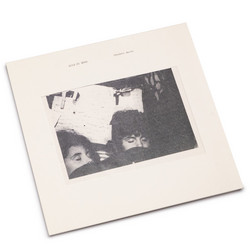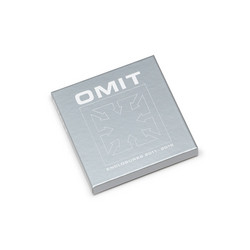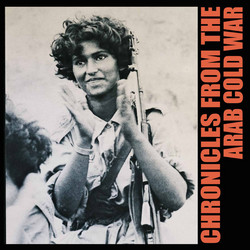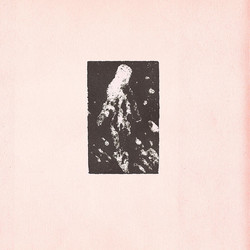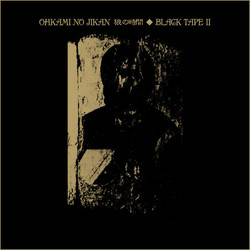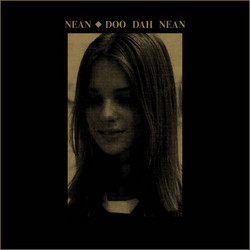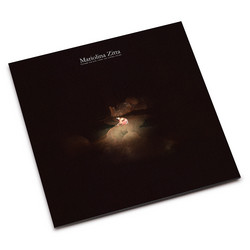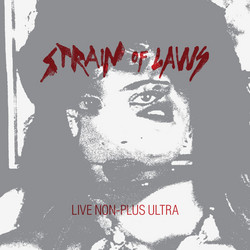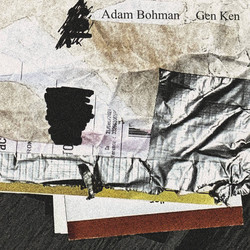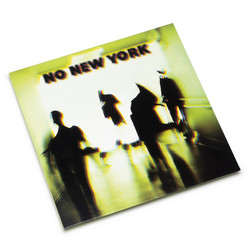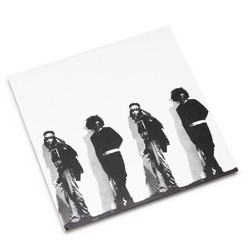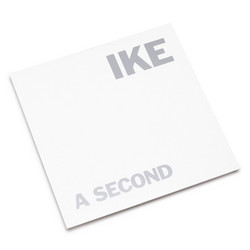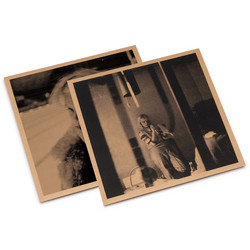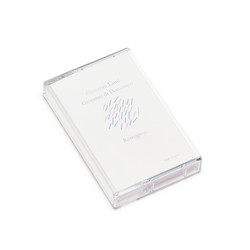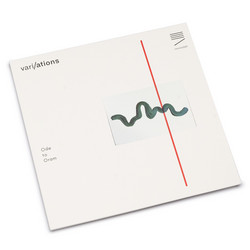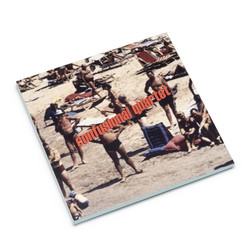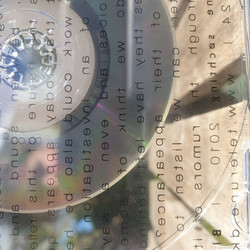John Zieman
New York City 1980-1984 (LP)
Stunning debut release from Confuso Editions, a new label operating out of NYC/Rio de Janeiro here venturing into the furthest realms of outsider pop with the first ever public airing of recordings by John Zieman, a student of electronic synthesis at Hampshire College and collaborator with Nam June Paik, John Sanborn, and Dara Birnbaum. Distilling 80s midtown sleaze (digi-saxophones, drum machines, listless ballads), we’re once again reminded of the sheer volume and wealth of outsider brilliance lurking in archives, drawers and lofts across the world - there really is no end. Fans of Ariel Pink, John Maus, Vazz, Stano, James Ferraro, look sharp!
As far as we can tell the first compilation, or even release, of John Zieman’s music to the wider public, ‘New York City 1980-1984’ spans year of work created after-hours at Manhattan’s now-defunct Intergalactic Studios, covering an era-consistent gamut of itchy new wave machine rhythms and guitars ranging from gangly to jangling and pop-tart, all embedded in cruddy and offcentre FX and synths. It comes with an amazing backstory too; in April of 1980, Zieman began working at Intergalactic Studios in Manhattan, where he took up residence in the studio’s bathroom, using soundproofing foam as a bed in a demolished stall. During this period, Zieman began composing on the studio’s Fairlight CMI synthesizer-sampler. Over the following seven months, working commercially by day and recording by night, Zieman produced the tracks which would become the basis for this set of tracks before you. Revolving the fizzing drum machines of lead single ‘Flying Nine (Dara)’, which first appeared on the soundtrack to Dara Birnbaum’s video piece ‘Damnation of Faust: Evocation’ (1983), the set sprawls out between something like an unzipped Woo with ‘Gamelan Skate’, to ohrwurming off-beat pop in another big highlight ‘Hi-tech Love Song’, alongside more solitary and melancholic charms in ‘Occasional Thing’ and the loping ‘Leave You In The Park’, and something that could have almost appeared on a James Ferraro tape 10 years ago in ’Better When It’s Deeper’.
As Joshua Daube puts it “The compilation stands out as an uncanny reflection of New Wave, at once rooted in its time and place and yet deeply singular. Across the twilight of a smoke-filled bar, Zieman’s edgy synths fix us with a thousand-yard stare, hungry sounds from the wrong side of Port Authority: “can I go back to sleep?” confuso revives these overlooked hypnagogic gems in New York City 1980-1984, which shine across the decades like a streetlight in a sno
